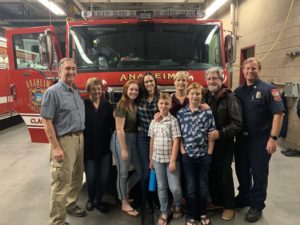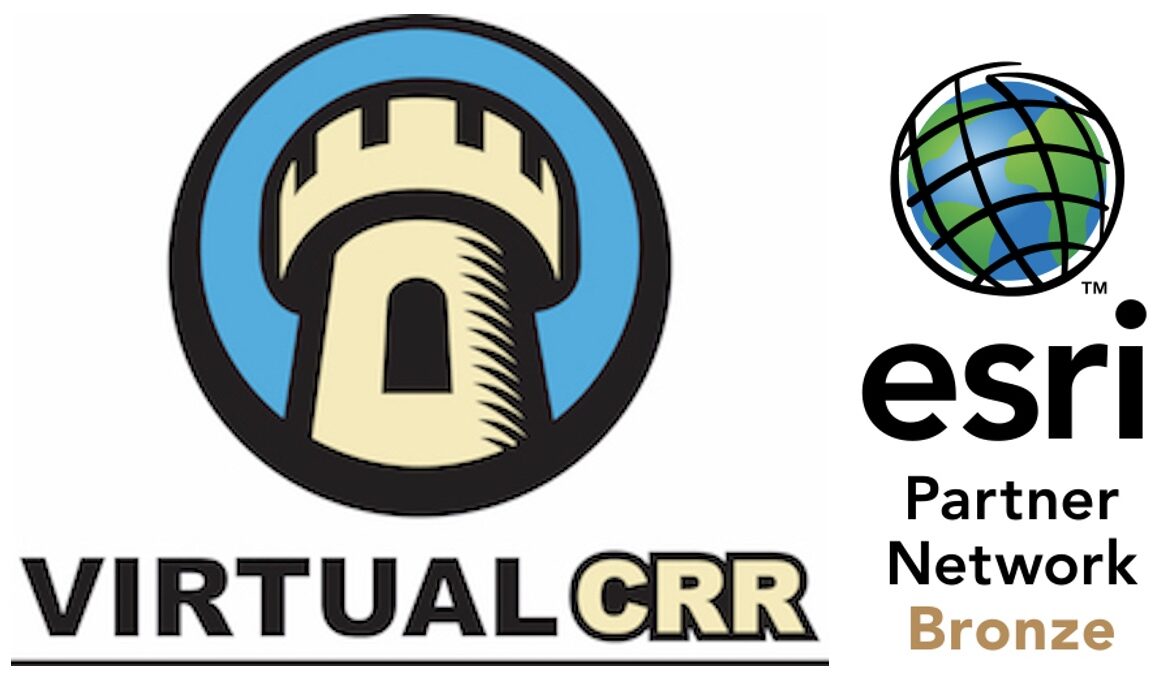Community Risk Reduction in our Own Homes

As fire professionals, we are seen by many as “experts” as it pertains to the safety and wellbeing of those we serve. This title is well deserved and earned, but how do we actually apply this title to ourselves, our families, and our own homes? I am not looking to offend or to say I’ve got it all figured out. The impetus for me to write this article hopefully demonstrates my desire to better myself and encourage others to do the same. This is truly the purpose of Community Risk Reduction. How do we improve and mitigate risk? The purpose of this article is for us as “experts” to pause, look around, and refocus our individual circumstances so we can improve the larger community around us.
Are We Community Risk Reduction Examples?
We can be a prideful lot at times. Others dial 911 to have us help them when things get out of control. At times, after these calls, we come back to the station wondering why they can’t take care of themselves. Stating that it should have been obvious why they had that emergency. The person did not take care of their health, they were using candles, extension cords, or lacked proper maintenance. The parents should have been doing a better job of watching their children and any number of other observations. Some of these comments and thoughts are coping mechanisms and others are just banter. Fire operations personnel aren’t alone in this regard. Many in fire prevention ridicule businesses for blocking exits, poor egress, improper signage, etc.
The truth is, how many of us are perfect? Obviously none. We have all made bad choices or taken unnecessary risks. Very few of us have fire sprinklers in our homes and gasp, we sometimes use extension cords as permanent wiring. Our chimneys aren’t cleaned on the proper schedule and trees don’t always get trimmed when they should. Some of us think nothing of not pulling permits to do work around our houses but would shut down any business who did the same.
Patience and Empathy with CRR
I am not belittling who we are and what we do, just trying to learn how to be more empathetic to those we serve. Everything I have pointed out, I suffer with as well. I point this out to hopefully remind us that, often, we are more like those we serve than we want to admit. We too have things we can do better and we can be better examples. Approaching Community Risk Reduction from a, “serving our fellow citizens” point of view rather than an, “I am the all-knowing” point of view will give us better results.
CRR Efforts Way too Close to Home
Some of the topics I see most often regarding the fire service are those none of us would like to think about. Suicide has become all too familiar to our ranks. Depression and PTSD are unfortunate consequences when we see what we see and have internal and external pressures of doing things perfectly in every situation. Self-medication with alcohol and drugs, both prescription and illicit is not a new thing in our profession. We must continue to self evaluate, continue offering services, and improve the services we offer sooner rather than later.
I want to look a little deeper here as well. We spend a lot of time and energy trying to help our community. How are our families doing? Do we keep ourselves so preoccupied with work that we are missing things at home? How is our relationship with our spouses and significant others? When was the last time we really had a conversation with our children, parents, or other family members? If our homes are out of order, it makes it just that much harder to do a good job with our community. I know I can improve here.
“No Success can Compensate for Failure in the Home”
This hard lined statement has had an amazing influence on my life. This statement, “No Success can Compensate for Failure in the Home” comes from David O. McKay and embodies what I continue to strive for. It is always a perfect time to take inventory of our lives, but it is most often done at the beginning of the year. Looking back on the last year, I see the areas in which I have done well and where I can improve. This allows me to look forward to coming successes.
I have challenged myself, and I encourage you, to pause, look around, and refocus our individual circumstances so we can improve the larger community around us. This is not an easy thing, nor can it be accomplished overnight. Approach it as you would your Community Risk Reduction efforts. Perform a risk assessment, identify programs and processes to reduce your risks, and continually monitor and adapt where needed. The lives we save may be much closer to home than we think.
